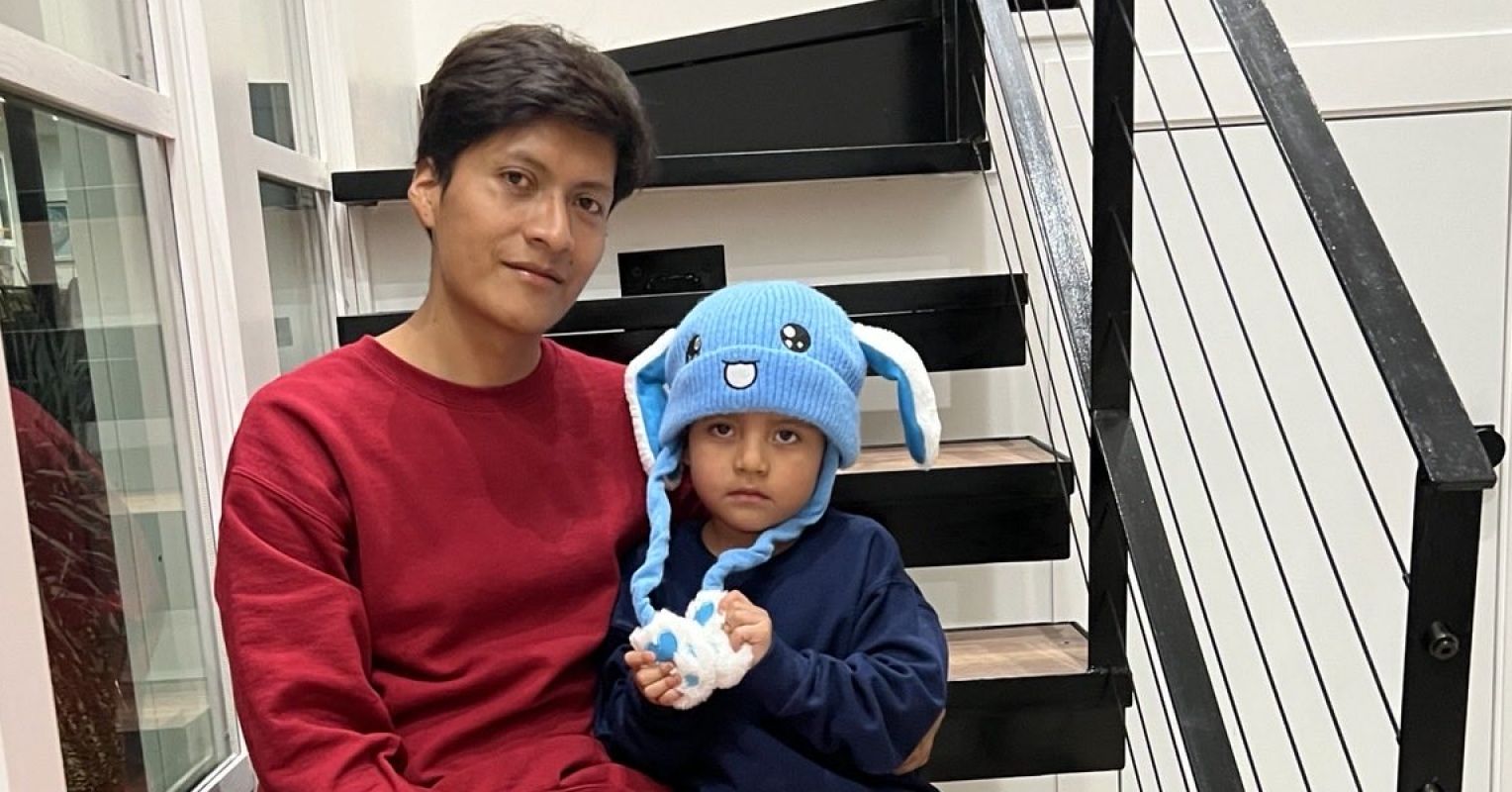Source: hillside7/Pixabay
The United States’ licensure process for different health care disciplines is a bewildering hodge-podge of state-specific rules that vary across different disciplines. Exceptions exist and are often the rule, making it incredibly challenging to render any overarching opinions or statements, much less solutions.
By and large, health care licensures in the U.S. operate based on the location of the patient—whatever the state the patient is physically located in, a treating clinician must be licensed in that state. Health care licensure boards regulate health care practices in order to protect persons in their state from unethical or harmful practices by unqualified individuals.
These systems were developed long before modern travel and communication technologies. During the COVID-19 pandemic, college students went home to their family’s homes, often in other states, for remote education. As students tried to continue seeing therapists in their college student health programs, the therapists ran into complex, varying regulations in the different states of their many student patients. Similar issues exist for specialty clinics offering “second opinion” consults. In some national expert health centers, they offer online remote consultation by expert clinicians, after reviewing charts records and remote consulting with patients in other states. Unfortunately for some interested patients, due to different state definitions of what constitutes telehealth and/or health care, clinics may refuse to offer such services to individuals from certain states.
Different Strategies to Address These Challenges
There are currently a number of disparate strategies in movement that may impact the future ability of licensed health care practitioners to practice in other states. At this time, there’s no clear winner, nor is there any over-arching organization in these different strategies.
Interstate Compacts: Numerous discipline-specific interstate “compacts” exist. As an example, under PSYPACT, different states agree to allow psychologists licensed in other states to practice remotely in their state, under agreed-upon PSYPACT rules. These compact rules can be as complex as individual licensure rules and may cause additional complexities. For instance, under PSYPACT, the remote psychologist practicing remotely must be physically located in the state of their “home” license while providing remote services, so they can’t practice remotely while on vacation, unless licensed in their vacation state. Similar compacts exist for nursing, medical services, counseling and social work. Unfortunately, none of these compacts are universal across the U.S., and each compact necessitates different systems, rules and practices for each different health care discipline. In my home state of New Mexico, these compacts have been generally rejected by the state legislature due to financial and legal concerns about the implications of these compact agreements. A recent NM legislative hearing offers a good insight into these legislator concerns.
State-Specific Rules: Different states and regulatory bodies implement different rules for different disciplines, sometimes offering processes such as expedited licensure and/or reciprocity agreements for practitioners licensed in other states. In some states, they allow limited temporary practice in their state (including remotely) for clinicians holding unrestricted licenses in other states. Of course, each state’s rules and practices vary, and it can require careful regulatory analysis to identify and comply with these requirements.
Free Speech Litigation: During the COVID-19 pandemic, a licensed therapist in Virginia was prohibited from offering remote therapy to individuals living in Washington D.C., even though that clinician saw these individuals in her practice when they drove a few miles to see her in Virginia. A lawsuit on her behalf argued that “therapy is speech” and that government cannot restrict such speech or prohibit licensed clinicians from speaking to their patients remotely, regardless of where the patient is. District trial and appeals hearings ruled that the Washington D.C. boards could not regulate the speech of a clinician in another state, though there’s not yet any clarity on how the Washington D.C. boards will address this in their policies and rules. However, that same therapist filed a similar lawsuit against the state of New York, which was dismissed by multiple courts because the therapist had access to procedures such as application for temporary licensure in New York and the state had a reasonable requirement to regulate healthcare and protect the public. The US Supreme Court declined to review this case, so we don’t have a national decision on the Free Speech issue.
Interstate Commerce Litigation: A New Jersey lawsuit was filed by a juvenile who sought continued specialty medical cancer care from expert physicians in other states. Due to New Jersey’s licensure restrictions on remote practice in their state, the clinicians were prohibited from offering their services remotely. The lawsuit includes the above First Amendment issues, but the weight of the suit focuses on prohibitions in the United States Constitution which prevent state governments from restricting interstate commerce without significant local benefits. As the practice of offering remote expert health care is a paid professional service, it’s argued that this falls under the Commerce Clause of Article I of the Constitution and that states cannot prohibit this commercial exchange. This case is still in preliminary stages; thus we can’t expect quick broad-reaching implications or outcomes.
National Legislation: Many clinicians raise a need for national health care licensure, but this seems unlikely, as state legislatures are unwilling to relinquish the ability to regulate practices in their state. During the pandemic, Texas Senator Ted Cruz introduced federal legislation to allow remote practice across the country, for any clinician licensed in any one state, but this was not ultimately enacted and was restricted to the impact of the COVID-19 pandemic. Federal action may ultimately have impact in this area but will have to address and integrate the mishmash of state and national licensing infrastructures.

Source: Gerd Altmann/Pixabay
Practicing Across State Lines: Some clinicians are simply doing their best, offering supports and services to people they treat, with less concern over where the person is located at the given time. This may or may not be ethical, may or may not be illegal, and may or may not expose the clinician or patient to risk depending upon the circumstances. It’s generally unlikely such services can be billed to third-party payors. Some clinicians whose patients travel to another state and experience a Mental health crisis face a dilemma. This scenario forces the clinician to weigh their ethical requirement to provide care without abandoning the patient, versus the question of where their patient is physically located at the time they reach out to the clinician for support amidst a crisis.
If the clinician isn’t licensed in the patient’s state, and the patient receives substandard care and complains to their state licensing board, that board may send the clinician a “Cease and Desist” order or even threaten legal or financial sanctions. They may attempt to file local charges of practicing in their state without a license, if the issues warrant. Such charges may or may not have impact on that remote clinician. The patient might file a complaint with the clinician’s local state board. But because that state’s board exists to regulate the practice of health care within their own state, it’s unclear if that board will have jurisdiction to regulate that clinician’s practice outside their borders.
Coaching: Some clinicians attempt to segregate their practice in other states where they’re not licensed, designating it as coaching, rather than clinical practice. Coaching is an unregulated activity and clients of coaches may have nowhere to complain in event of poor or unethical service. This strategy has not been fully legally tested, but may impact the clinician’s liability insurance coverage. Providing coaching rather than clinical care may still leave them subject to a licensure board declaring their coaching practice is still “practicing without a license.”
In my national consulting work, I regularly get questions about cross-state licensure and practice from both clinicians and people seeking care. Given the extraordinary cats-cradle of regulations, rules and practices, I don’t expect this complicated situation to resolve anytime soon. Just as I do here, I refer persons with these questions to their local boards’ regulations, and the above legal areas, and encourage them to educate themselves about these complex matters. In service to the many persons in our country seeking health care, it’s in all of our interest to find integrated, consistent solutions.
Disclosure: I have served on the New Mexico Board of Psychologist Examiners for several years. My opinions here are solely my own do not reflect the opinions or decisions of the NMBOPE or any other entity. My comments here do not represent legal or regulatory advice which must be based on local regulations and a specific clinical case or practice.













